Some 28 metric tons of plastic waste, the equivalent of 2.8 million plastic water bottles filling up 73 basketball courts, was recycled into useful eco-products by Ayala Land Inc. (ALI) last year as part of its “circular waste management” initiative.
The plastic waste, which would have otherwise filled up Metro Manila’s dumpsites or find its way into Manila Bay, has been recycled into eco-products like bricks for pathways, sidewalks and fences, according to the country’s leading property developer.
ALI said it has expanded its commitment to environmental protection amid the Covid-19 pandemic by using a circular economy approach to waste management- turning plastic waste to products that can be used in projects.
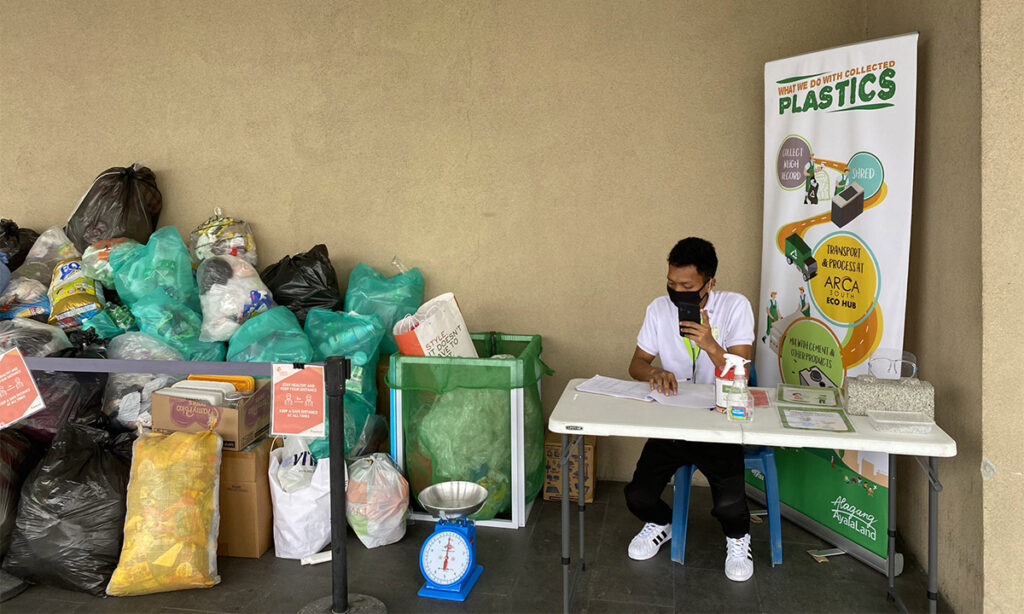
Despite the pandemic, it collected tons of dry plastic waste from its properties and communities last year and recycled them into eco-materials used in its estates and residential communities.
It said that with online shopping and delivery becoming a necessity during the pandemic, plastics use for packaging and food containers increased the volume of plastic that would normally end up in garbage landfills or, worse, find its way to waterways and eventually end up in already polluted oceans.
Eco-products from ALI and Green Antz
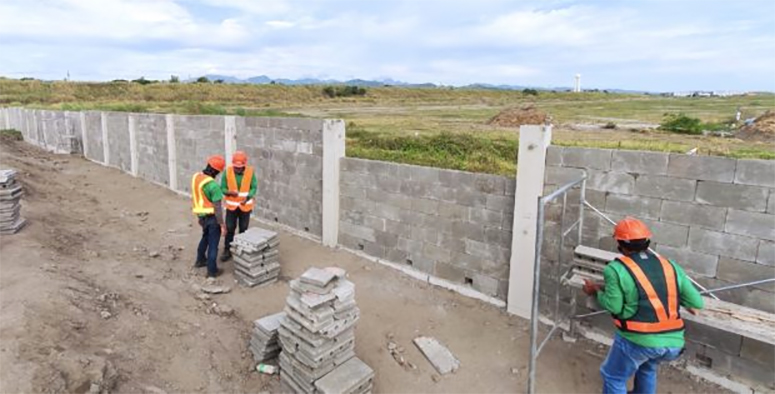
Ayala Land partnered with the innovative environmental solutions company called Green Antz Builders, which converted dry plastic waste into eco-products using its proprietary technology that mixes plastic with cement and other materials to form durable construction materials like bricks, pavers and casts. These materials are now being used in Ayala Land estates and sites as pathways, fences and sidewalks.
Anna Maria Gonzales, Sustainability Manager of Ayala Land said this “circular approach” to waste management was applied in the company starting March 2019.
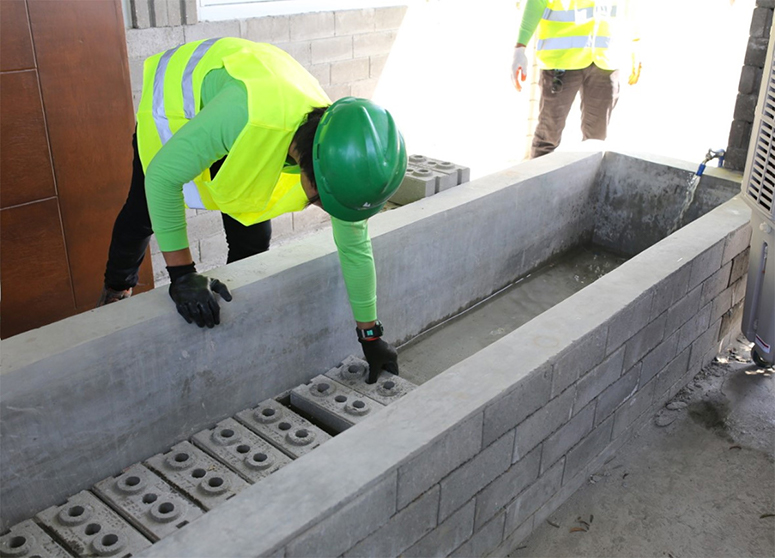
“The cycle involves collecting clean and dry plastics at designated drop-offs and transporting them to eco-hubs, which are recycling facilities where the plastics are shredded and incorporated into concrete products developed by Green Antz,” said Gonzales.
The first eco-hub, built in partnership with Green Antz, opened in March 2019 in Arca South, a 74-hectare mixed-used development in Taguig City. In October 2019, the Lio Tourism Estate in El Nido, Palawan opened its own eco-hub aiming to collect plastic within the estate and nearby communities and turn them into eco-products to be used by the estate.
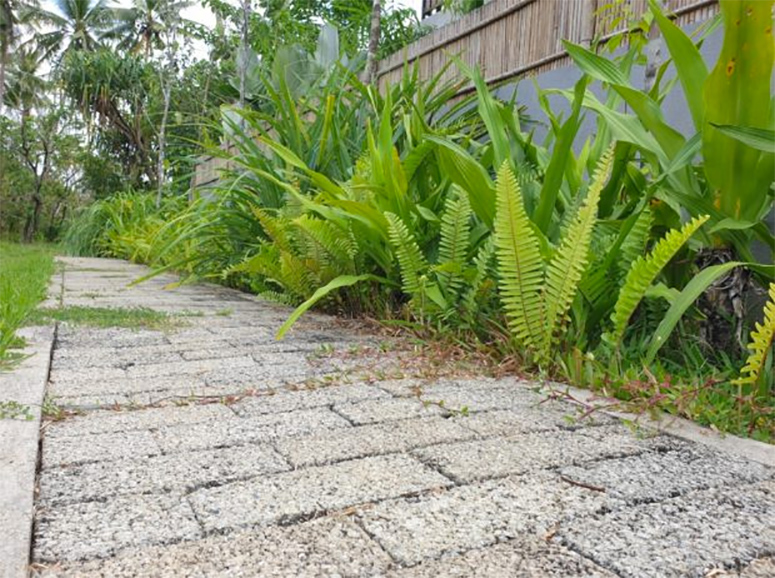
Among the users of eco-products were Globe Telecom, which turned over 24,500 eco-bricks to seven communities during its anniversary in third quarter of 2019. The Makati Central Business District installed 60,000 eco-pavers for sidewalks in the third quarter of 2020. AC Energy’s SolarAce and GigaSol used more than 24,000 eco-casts to build the control rooms of their solar power plants in Alaminos Laguna and Zambales.
Evo City in Kawit, Cavite are using 60,000 eco-bricks and 50,000 eco-casts for fencing. And Lio Tourism Estate produced 158,000 eco-pavers for its sidewalks and pavement.
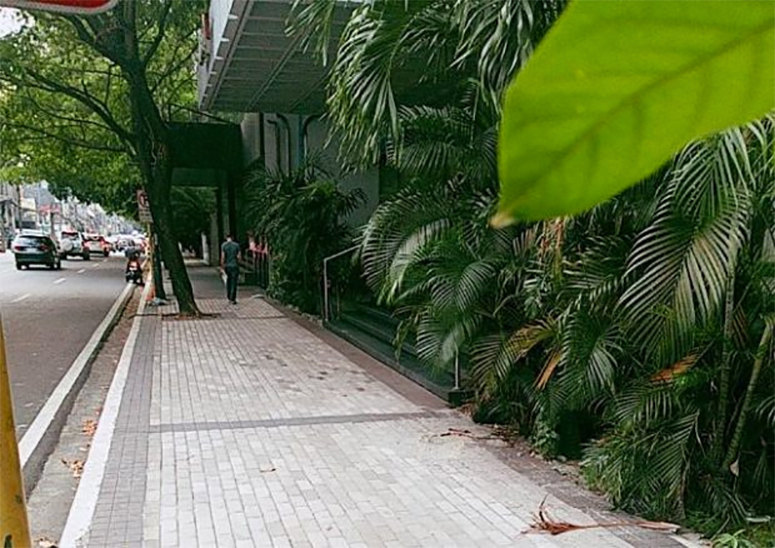
The total plastics recycled by ALI in 2020 is comparable to the amount of clean and dry plastic waste gathered from two of its largest malls in a regular year. “Processing and using these eco-products effectively prevented clean and dry plastics from Greenbelt and Glorietta from ending up in dumpsites,” concluded Gonzales.
#Released
